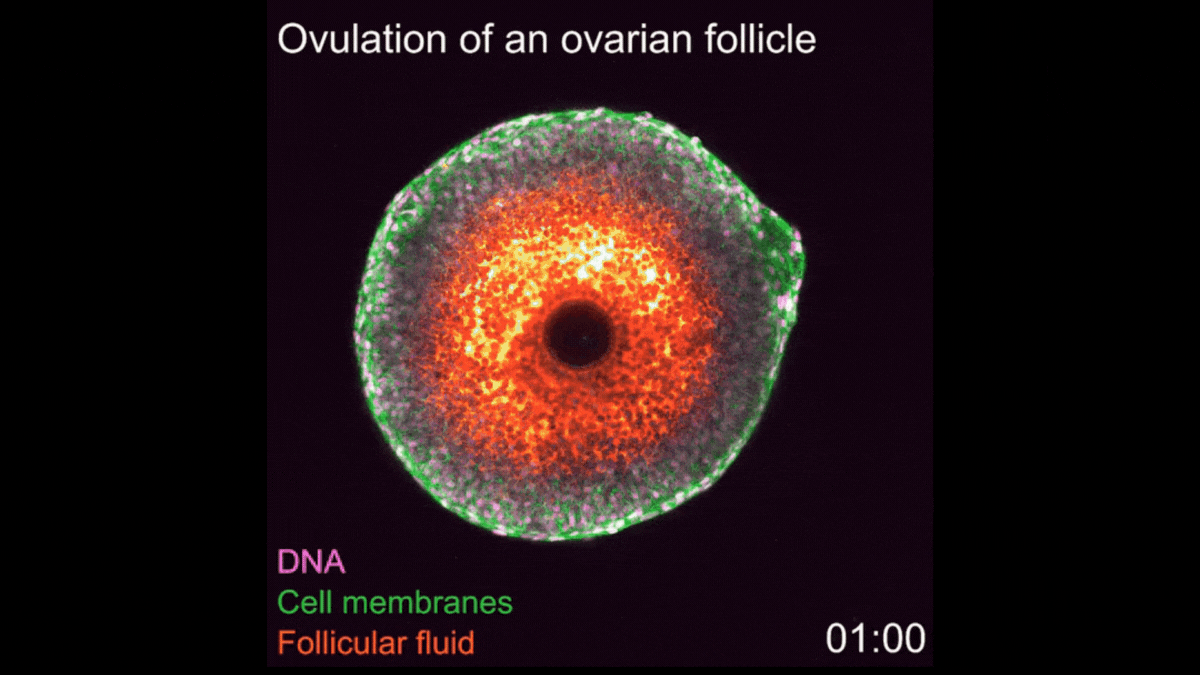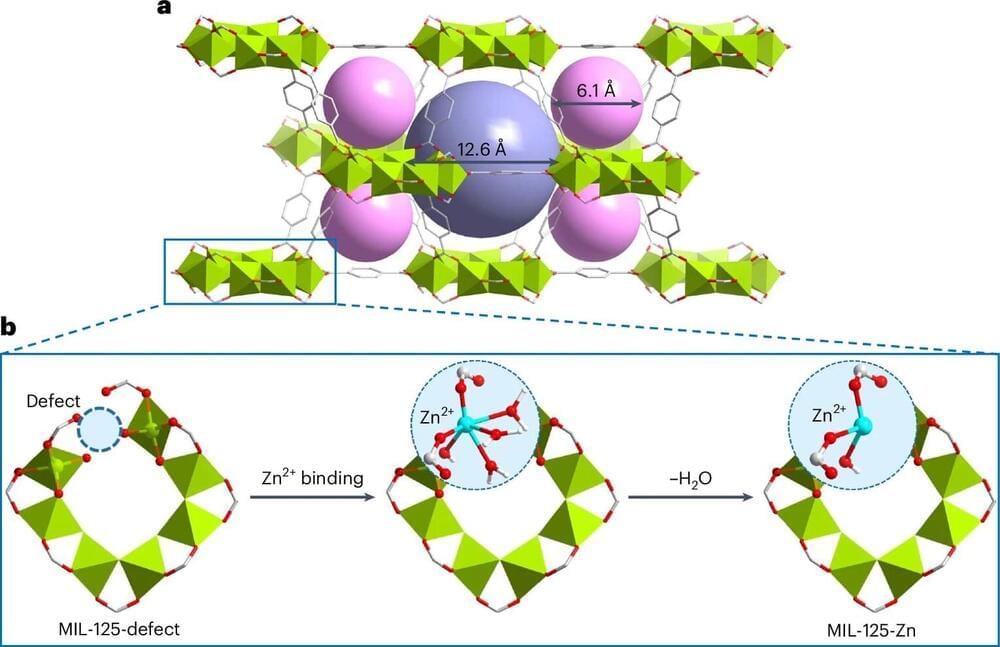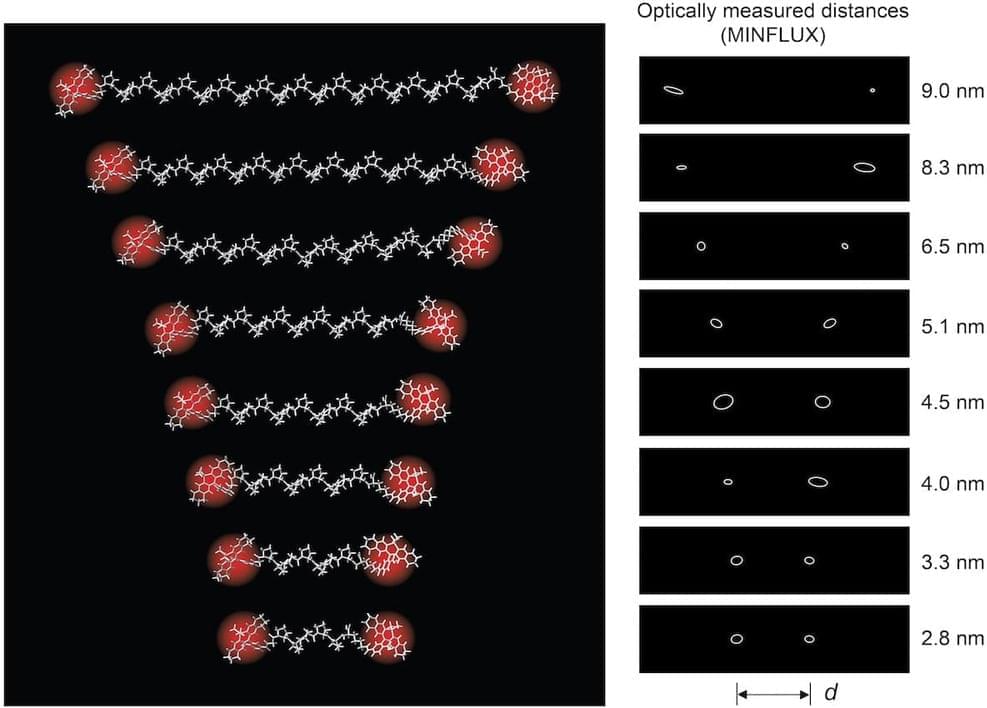https://lnkd.in/gPGP3Q3j In this article, we propose a new Feynman’s path integral approach and extend this formalism into curved spacetime and consider its possible implications for black hole physics. While still a work in progress, this model suggests that black holes, rather than representing the final stages of gravitational collapse, might contribute to the formation of new universes. We carefully examine both Schwarzschild and Kerr metric of rotating and non-rotating black holes. We derived that rotating black hole will create a traversable worm hole without exotic particles and non-rotating back hole will create another universe by interpretation of path integral finally. We proposed the way how to create the wormhole between two interstellar space using qubits. This proved ER=EPR. John Preskill Dear Professor Preskill Please help me check it Sir.




